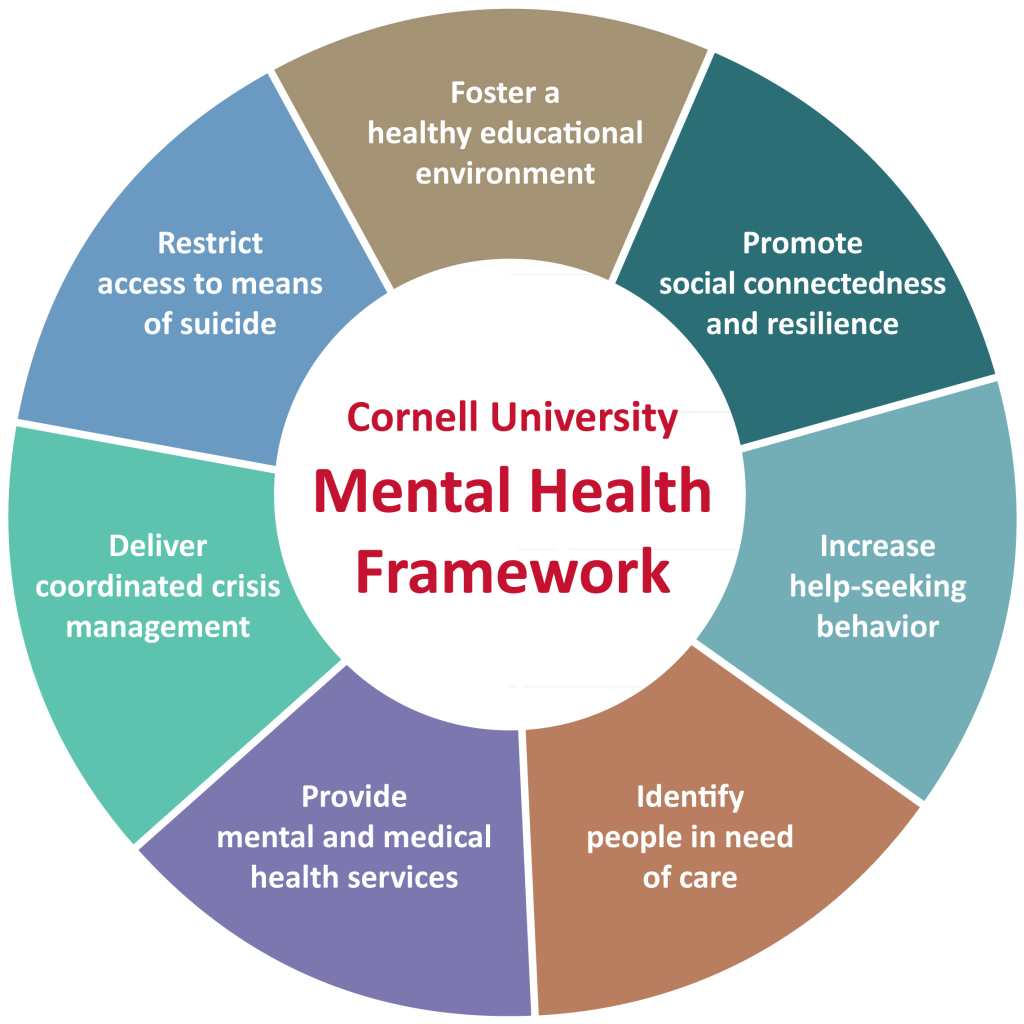Ideas of Reference in Mental Health: A Comprehensive Overview for 2025
Related Articles: Ideas of Reference in Mental Health: A Comprehensive Overview for 2025
- Baby Shower With Mom 2025: A Modern Celebration Of Motherhood
- Ideas Label 2025: Shaping The Future Of Sustainable Consumption
- Do You Think It’s A Good Idea?
- Ideas How To Make Money Online In 2025: A Comprehensive Guide
- COVID-19 Research Topic Ideas For 2025: Exploring The Next Frontier
Introduction
In this auspicious occasion, we are delighted to delve into the intriguing topic related to Ideas of Reference in Mental Health: A Comprehensive Overview for 2025. Let’s weave interesting information and offer fresh perspectives to the readers.
Table of Content
Video about Ideas of Reference in Mental Health: A Comprehensive Overview for 2025
Ideas of Reference in Mental Health: A Comprehensive Overview for 2025

Introduction
Ideas of reference (IOR) are a common symptom of various mental health conditions, particularly schizophrenia and other psychotic disorders. They involve the persistent belief that external events, objects, or people have a specific and personal meaning or significance for the individual. This article provides a comprehensive overview of IOR, including their definition, symptoms, causes, and treatment options.
Definition
Ideas of reference are characterized by the belief that one’s experiences, thoughts, or actions are being observed, commented on, or manipulated by others. These beliefs can range from mild and transient to severe and persistent. The content of IOR varies widely, but it often involves themes of persecution, surveillance, or grandeur.
Symptoms
Common symptoms of IOR include:
- Believing that people are talking about you or making fun of you
- Feeling that events or objects in your environment have special meaning for you
- Interpreting ordinary events as personal attacks or messages
- Feeling that you are being watched or followed
- Believing that you have a special mission or destiny
Causes
The exact cause of IOR is unknown, but several factors are believed to contribute to their development:
- Neurological Abnormalities: IOR may be associated with disruptions in certain brain regions, particularly those involved in social cognition and self-referential processing.
- Cognitive Biases: Individuals with IOR may have a tendency to attribute personal significance to ambiguous or irrelevant stimuli.
- Social Isolation: Lack of social support and meaningful relationships can increase the risk of IOR.
- Traumatic Experiences: Trauma, such as abuse or neglect, can contribute to the development of IOR.
Differential Diagnosis
IOR can be difficult to distinguish from other mental health conditions, such as:
- Delusions of Reference: IOR are less severe than delusions of reference, which are fixed and unshakeable beliefs that have no basis in reality.
- Paranoid Personality Disorder: Individuals with paranoid personality disorder have a pervasive pattern of mistrust and suspiciousness that may include IOR.
- Obsessive-Compulsive Disorder (OCD): Individuals with OCD may have intrusive thoughts or beliefs that are similar to IOR, but they are typically accompanied by anxiety and compulsive behaviors.
Treatment
Treatment for IOR typically involves a combination of psychotherapy and medication:
- Psychotherapy: Cognitive-behavioral therapy (CBT) is an effective treatment for IOR. CBT helps individuals challenge their distorted beliefs and develop more realistic interpretations of their experiences.
- Medication: Antipsychotic medications can be helpful in reducing the severity of IOR. These medications work by blocking the effects of dopamine, a neurotransmitter that is involved in psychosis.
Prognosis
The prognosis for IOR varies depending on the severity of the condition and the underlying mental health disorder. With appropriate treatment, many individuals with IOR can experience significant improvement in their symptoms.
Prevention
There is no known way to prevent IOR, but early intervention and treatment can help to minimize their impact. Individuals who experience symptoms of IOR should seek professional help promptly.
Conclusion
Ideas of reference are a common and potentially distressing symptom of mental health conditions. Understanding the definition, symptoms, causes, and treatment options for IOR is crucial for effective diagnosis and management. By providing a comprehensive overview of this topic, this article aims to enhance the knowledge and skills of mental health professionals and empower individuals seeking help for IOR.
![[IMGSRCTITLE2]](https://graphdiagram.com/chart/2021/06/Mental-Health-Framework-1024x1000.jpg)
![[IMGSRCTITLE3]](http://www.goodtherapy.org/blog/blog/wp-content/uploads/2016/01/mental-health-outcomes-2016-infographic-goodtherapy.org_.jpg)
![[IMGSRCTITLE4]](https://teacherslife.com/wp-content/uploads/2019/02/TL-SCR_86_Web_RFL_Infographic_MentalIllnessSymptoms_791x1024.jpg)
![[IMGTITLE5]](https://www.slidekit.com/wp-content/uploads/2023/03/Mental-Health-Slides-Template-1-1024x576.jpg)
![[IMGTITLE6]](https://venngage-wordpress.s3.amazonaws.com/uploads/2021/02/Anxiety-Tips-ADAA-and-MHA-Collaboration-Oct-2017_0-1.png)
![[IMGTITLE7]](https://az505806.vo.msecnd.net/cms/b0b5fc2d-633a-40b8-80df-8e365a959bbf/cfc8bff2-27f9-4fc5-b422-fd5806931359.jpg)
![[IMGTITLE8]](https://pillarsofwellness.ca/wp-content/uploads/2021/03/mental-health.jpg)
![[IMGTITLE9]](https://mir-s3-cdn-cf.behance.net/project_modules/max_1200/5eaebf34444613.56d0963e6350a.jpg)
Closure
Thus, we hope this article has provided valuable insights into Ideas of Reference in Mental Health: A Comprehensive Overview for 2025. We thank you for taking the time to read this article. See you in our next article!